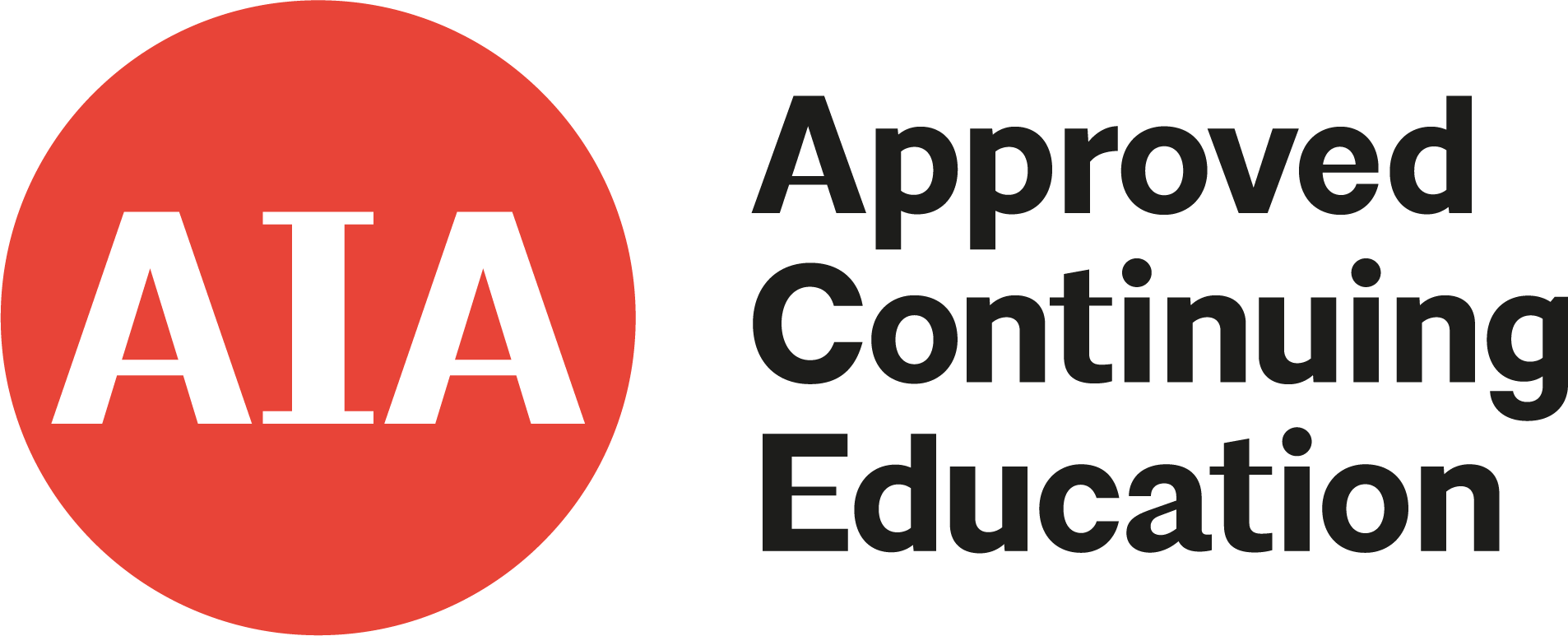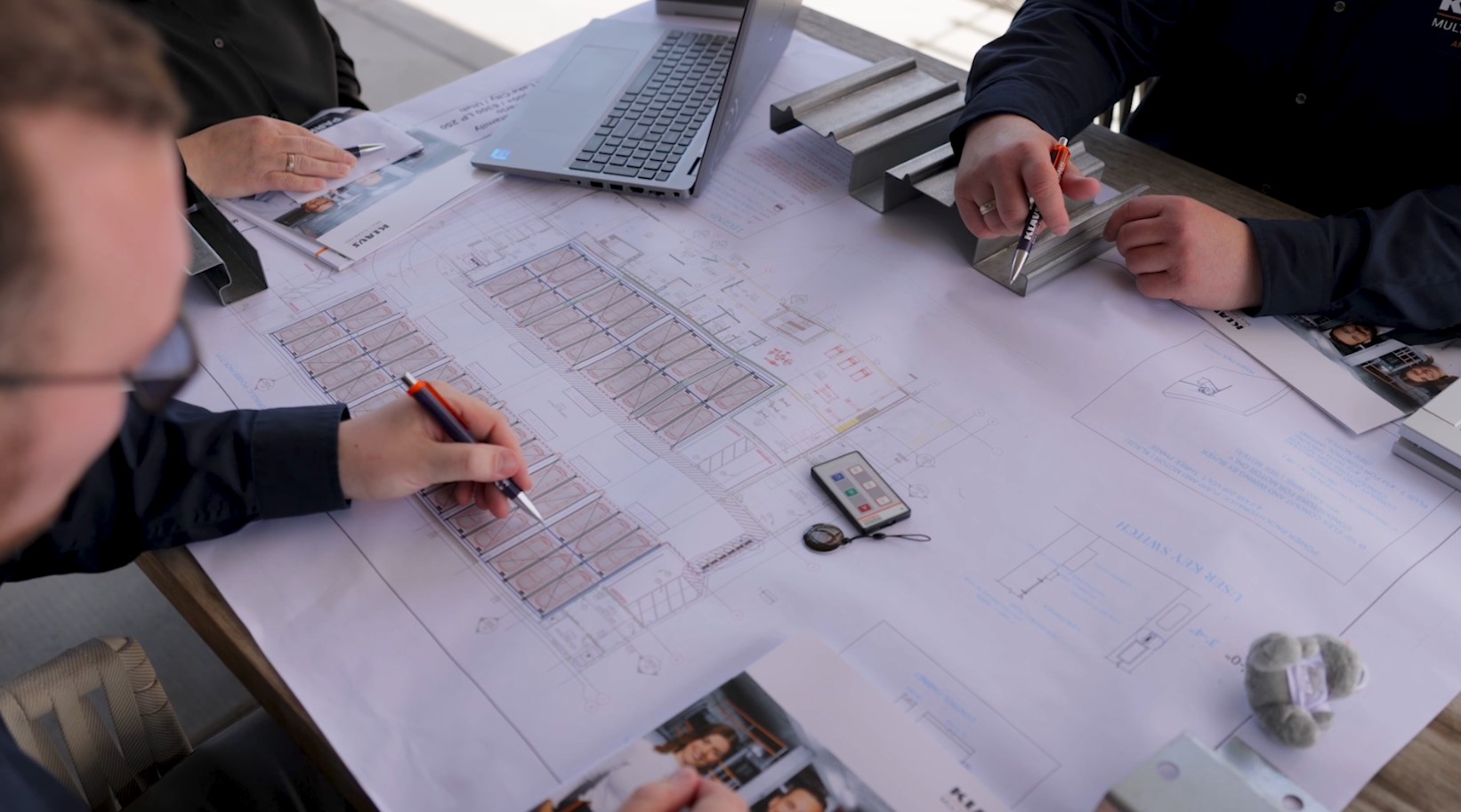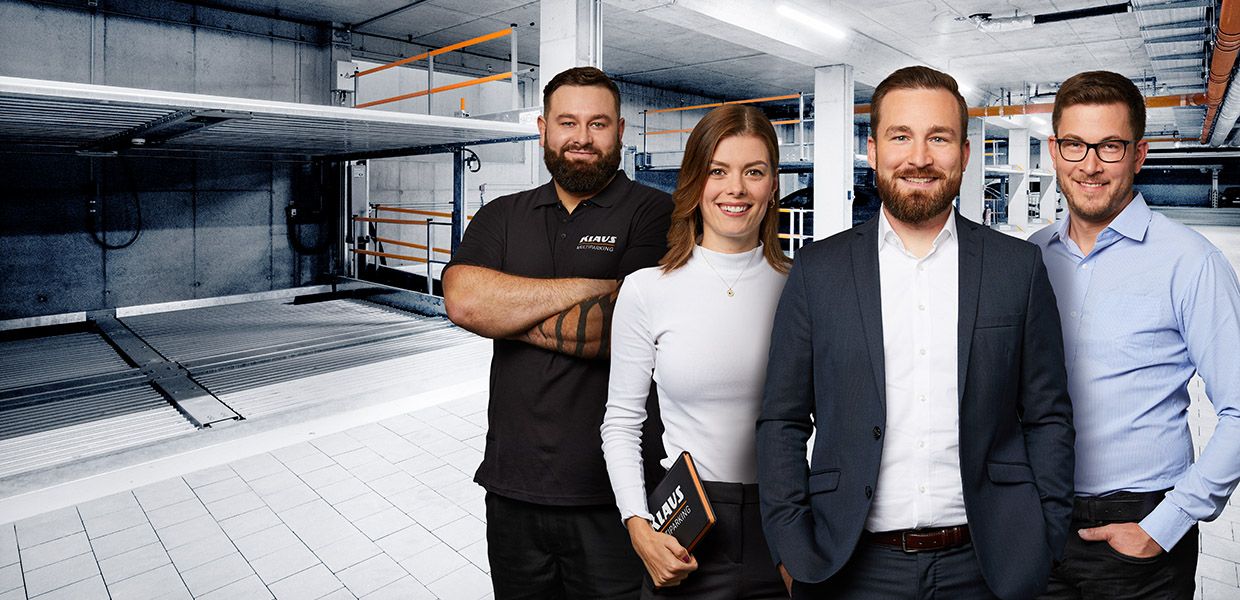AIA – live instructor program / earn credits
GUIDE TO MECHANICAL PARKING SOLUTIONS: PLANNING, DESIGN, AND IMPLEMENTATION – STACKERS AND AUTOMATED PARKING SYSTEMS
Credits: 1 AIA LU / HSW CE Hour
Course Description:
“Draw Today for Tomorrow” is more than a phrase—it embodies a forward-thinking mindset and serves as a call to action for architects, planners, and engineers to shape adaptable, sustainable environments by designing better spaces where people live, work, and thrive.
As urban density increases and land availability decreases, architects, engineers, and developers are being challenged to rethink traditional approaches to parking. This course examines and highlights mechanical parking systems—including multilevel stackers, automated parking systems, parking pallets, and fully automatic solutions—as forward-thinking strategies that optimize space, reduce environmental impact, and enhance overall project value.

Participants will explore how these systems can be successfully integrated into new construction, renovations, and adaptive reuse projects. The course covers key architectural and structural design considerations, system typologies, applicable use cases, and the measurable benefits of space efficiency and sustainability.
By understanding the role of mechanical parking in future-ready design, attendees will gain valuable insights into maximizing usable building area, increasing revenue potential, and meeting sustainability goals—while delivering smarter, more livable spaces.

HSW Justification:
This course qualifies for HSW credit as it addresses critical design considerations that directly impact the health, safety, and welfare of building occupants and the surrounding community. Through a review of architectural and structural design criteria for selecting appropriate mechanical parking systems, participants will gain the knowledge necessary to integrate these systems safely and effectively into new construction and renovation projects.
The course also explores system applications across a variety of project types—such as mixed-use, multifamily, commercial, and hospitality—ensuring that design professionals can make informed decisions that optimize land use, reduce environmental impact, and contribute to safer, more accessible, and more sustainable built environments. By maximizing usable space and supporting the inclusion of green areas, amenity spaces, and improved circulation, these systems help create healthier, more efficient, and livable spaces for occupants and communities alike.
Learning Objectives:
- Define mechanized parking systems and distinguish between key parking typologies, including appropriate building use cases and design scenarios for each, with a focus on space optimization and construction cost savings compared to traditional parking methods.
- Analyze architectural, structural, planning, and end-user experience criteria—including usability, accessibility, and operational efficiency—that influence system selection and integration in commercial, mixed-use, and residential developments.
- Examine how mechanical and automated parking systems support more efficient land use, enabling increased residential units, hotel rooms, amenity spaces, and other program areas, while enhancing design flexibility in both urban and suburban developments.
- Evaluate the broader project and environmental benefits of compact parking solutions, including opportunities to repurpose saved space for green areas, community features, or revenue-generating uses, as well as reduced development footprints, improved stormwater management, and decreased material consumption.
AIA CES Approved Course
AIA Course Number: KMUSA.3
Provider Name: KLAUS Multiparking America Inc.
Provider Number: 404108339
Contact
To arrange a date and time for a Presentation: https://calendly.com/klaus-aiacescourse/60min

